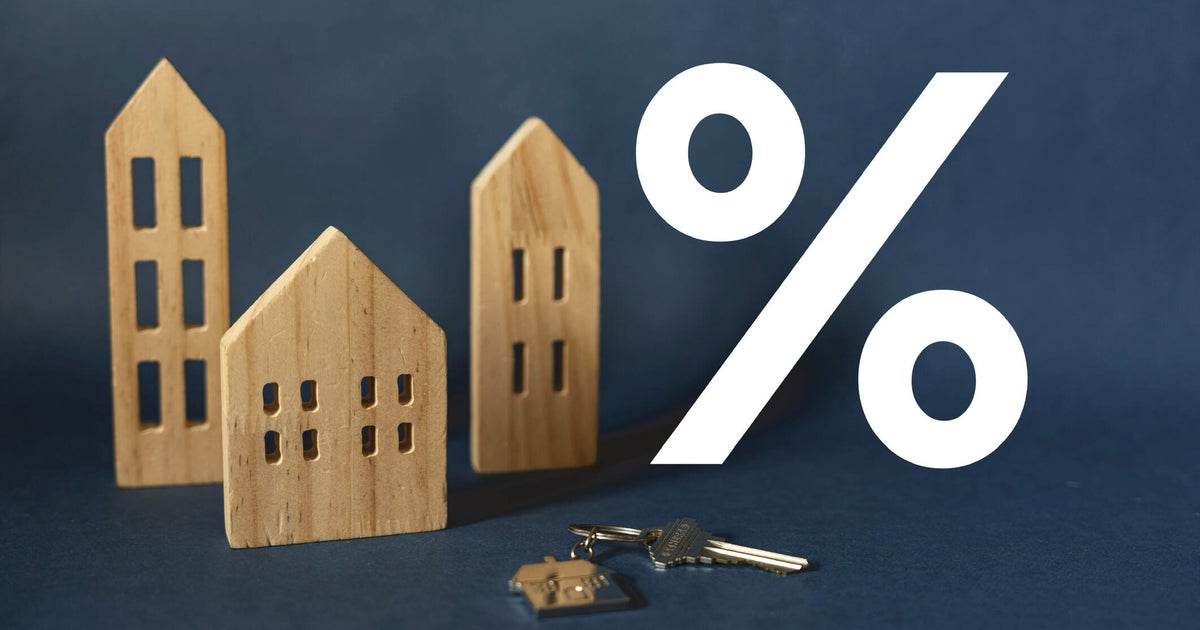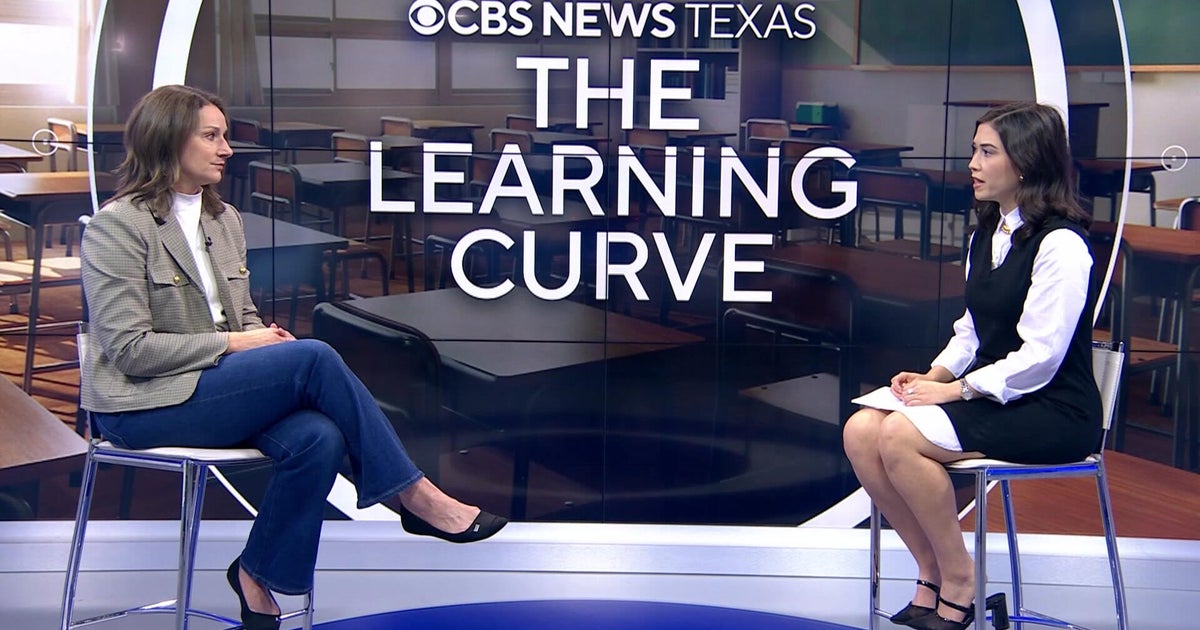Self-employed Americans are struggling to get unemployment benefits: "My account went negative"
Millions of people out of work due to the coronavirus lockdowns are self-employed or run small businesses. Normally, they would not qualify for unemployment, but in many states, they're now eligible for help from a program created more than a month ago.
However, many of those people are struggling to get that money.
Since the crisis hit, self-employed handyman Terry Crain has only been able to get a few jobs.
"People don't want to allow a stranger into their home because they're afraid of bringing the virus in with them," said Crain, who has had his one-man business in Texas for 12 years.
His income now doesn't cover his bills, yet he told CBS News Consumer Investigative Correspondent Anna Werner that when he called the Texas unemployment office in March, and again in April, he was told he didn't qualify.
"They said, 'Well, you'll get a letter that will explain everything to you,'" he said, but so far, he hasn't received the letter.
He said he hasn't gotten a stimulus check either and he may not be able to cover his $370 a month mortgage.
"Luckily, I had some savings, but that is almost gone," he said. "As of last night, I had $197 left. … That doesn't pay the bills."
Like Crain, many people who are self-employed or run their own small businesses say they're having trouble getting unemployment benefits.
Due to the pandemic, Congress set up a special program for these people who previously would not have been eligible called the Pandemic Unemployment Assistance program, or PUA.
But it's set up to be run by the states, and as of Thursday, only 30 states have started making payments.
Even in states where it's been set up, many people are struggling to fight their way through the system, including Therese Fabela, who runs a small dog grooming business in Morro Bay, California. The shelter-in-place order forced her to close in March. She was allowed to reopen Monday.
"My account went negative, and it sat there negative, and it just kept everything snowballing," Fabela said.
She doesn't know what happened with any potential unemployment benefits.
"That's like a mystery because I apply, and I'm in the system," she said. "But, my profile, it says that I have zero balance, zero dollars. ... It's frustrating."
She applied in late March, but California's PUA program wasn't ready to process applications until April 28.
It's a similar story in Virginia for Robin Ferguson, who runs a knitting and yarn store.
"Everything was on the uptick and I was chugging right uphill and then — this hit," Ferguson said.
She applied on Virginia's unemployment site but could never get her application to go through and gave up. Instead, she's making what money she can, hand-dyeing yarn for curbside pickup and offering home deliveries.
Going more than a month with no assistance is "discouraging," she said. "I ... you know, feel a little bit defeated. … It is tough."
The Virginia Employment Commission told CBS News their system was overwhelmed and said they've since launched a new website with an external contractor.
"We clearly need to do a better job of getting these programs out," said Jesse Rothstein, professor of public policy and economics and the director of the Institute for Research on Labor and Employment at the University of California, Berkeley.
Rothstein said state governments just weren't ready, and he sees problems with the way many set up their programs.
"They told people they first had to apply for regular unemployment insurance, get rejected, and then they could apply for the new program, but people didn't get the message that that was just a step in the process. They got the message that they'd been rejected for benefits," he said.
Now, Rothstein said he thinks states are gradually starting to catch up. "But there are still people who are being missed, and that's a huge problem," he said.
Fabela got the good news this week that she'll be getting a federal loan. What kept her going until now, she said, is her community.
"The people of Morro Bay are very supportive of small business. Thank you, Morro Bay," she said.
Since speaking with Werner, Ferguson and Crain have tried again to get benefits.
The 30 states that are making payments under the PUA program as of May 7 are Alabama, California, Colorado, Georgia, Iowa, Kentucky, Louisiana, Massachusetts, Michigan, Minnesota, Missouri, Mississippi, Montana, North Carolina, North Dakota, Nebraska, New Jersey, New Mexico, New York, Oklahoma, Oregon, Rhode Island, South Carolina, South Dakota, Tennessee, Texas, Utah, Virginia, Vermont and Washington. Puerto Rico also is making payments.



